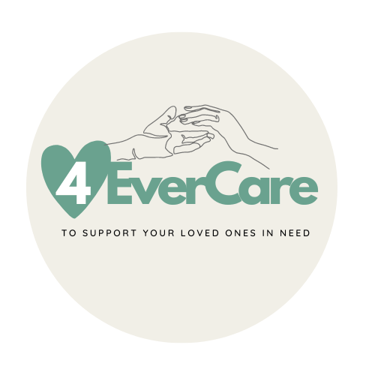
Keeping Cool: Heat Prevention Tips for the Elderly
8/2/20242 min read


Keeping Cool: Heat Prevention Tips for the Elderly
As summer temperatures rise, it's essential to take extra precautions to protect the elderly from the dangers of excessive heat. Seniors are particularly vulnerable to heat-related illnesses due to a variety of factors such as age-related changes in their bodies, underlying health conditions, and certain medications that affect the body's ability to regulate temperature. Here are some practical tips to help keep elderly loved ones safe and comfortable during the hot months.
1. Stay Hydrated
One of the most crucial steps in preventing heat-related issues is ensuring proper hydration. Encourage seniors to drink plenty of water throughout the day, even if they don't feel thirsty. Avoid caffeinated and alcoholic beverages as they can contribute to dehydration. Offering hydrating foods like fruits (e.g., watermelon, cucumber) can also help.
2. Create a Cool Environment
Ensure the living space remains cool. Use fans, air conditioning, or open windows during cooler parts of the day to circulate air. Consider installing blackout curtains to block out the sun's heat and keep rooms shaded. If air conditioning isn't available, spending time in air-conditioned public places like shopping malls or libraries can provide relief.
3. Dress Appropriately
Lightweight, loose-fitting, and light-colored clothing helps the body stay cool. Natural fabrics like cotton are preferable as they allow the skin to breathe. Additionally, wearing a wide-brimmed hat and sunglasses when outdoors can provide extra protection from the sun.
4. Limit Sun Exposure
Avoid outdoor activities during peak sun hours, typically between 10 a.m. and 4 p.m. If outdoor time is necessary, ensure that it is limited to short periods and that there is access to shade and plenty of water. Using sunscreen with an SPF of at least 30 can protect the skin from harmful UV rays.
5. Monitor Health Conditions
Be vigilant about any signs of heat-related illnesses such as heat exhaustion or heat stroke. Symptoms to watch for include excessive sweating, weakness, dizziness, nausea, headache, and confusion. If any of these symptoms are present, seek medical attention immediately.
6. Plan for Power Outages
In the event of a power outage, it's essential to have a plan in place. Keep a list of cooling centers in the area and have battery-operated fans and cool packs available. Ensure that any critical medical devices that rely on electricity have a backup power source.
7. Check-In Regularly
Regularly check on elderly loved ones, especially those living alone. Frequent visits or phone calls can help ensure they are coping well with the heat and have everything they need.
Conclusion
Preventing heat-related illnesses in the elderly requires vigilance, preparation, and a proactive approach. By staying hydrated, creating a cool environment, dressing appropriately, limiting sun exposure, monitoring health conditions, planning for power outages, and regularly checking in, we can help our elderly loved ones stay safe and comfortable during the hot summer months.
Staying cool and safe during the summer is vital for everyone, but it's particularly crucial for the elderly. Let's make this summer a safe one by taking these simple yet effective steps to protect those who are most vulnerable.
